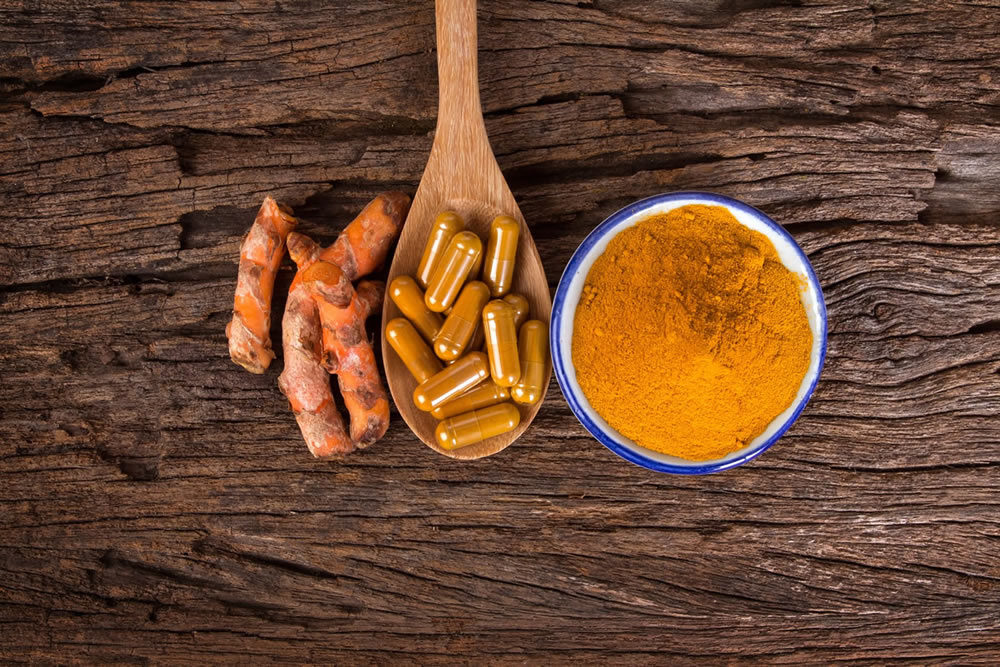
Rebuttal of Negative Curcumin Research

The authors of the miniperspective contend that curcumin is not easily absorbed, is unstable and not water soluble. Goel does not disagree, however, many supplements marketed as “curcumin” are in fact formulated to include the whole family of curcuminoids which are curcumin, demethoxycurcumin and bisdemethoxycurcumin. These full spectrum formulations have been shown to offer enhanced absorption compared to curcumin isolated from other curcuminoids. While the researchers do state they will use the term “curcumin” interchangeably with “curcuminoids,” they also acknowledge that, “This Miniperspective will not attempt to address the potential therapeutic effects of even more complex turmeric extracts or preparations thereof but instead focuses on the reported utility of the chemical structure of the major constituent of these extracts: curcumin.” Therefore their conclusion cannot extend beyond this limited scope.
They also contend thatin vitroresults were not borne out inin vivo results and that no double-blinded, placebo-controlled clinical trial of curcumin has been successful. Goel challenges this, stating, “If they are referring to curcumin as a family of compounds, which most people do, it is not true. In the electronic database of the National Institutes of Health (NIH), available at Pub.Med.gov, there are well over 9,000 published studies on curcumin, and if you just look at human, double blind, placebo controlled trials, there are more than 80 — the vast majority of which use enhanced absorption curcumin.”
Goel also takes issue with the objective of the article to explore the likelihood of curcumin as a drug candidate, which it conclude, is not. He explains that “curcumin cannot be reduced to a few chemical structures that behave in a singular fashion. There is a vast array of physical targets that are touched by the natural compounds in curcumin that cannot be duplicated by a synthetic drug. “

The editorial team at WholeFoods Magazine has decades of experiences reporting on natural products industry news, trends, and more. This national, monthly business-to-business magazine has been published continuously for nearly 40 years (the magazine was founded in 1977, and has been owned by Wainer Finest Communications since 1984). It is the longest-tenured media outlet of its kind in the natural products industry. The editorial focus at WholeFoods Magazine is, and always has been, on informing and educating members of the natural products industry.
The Magazine
Information
About Us
NOTE: WholeFoods Magazine is a business-to-business publication. Information on this site should not be considered medical advice or a way to diagnose or treat any disease or illness. Always seek the advice of a medical professional before making lifestyle changes, including taking a dietary supplement. The opinions expressed by contributors and experts quoted in articles are not necessarily those of the publisher or editors of WholeFoods.







